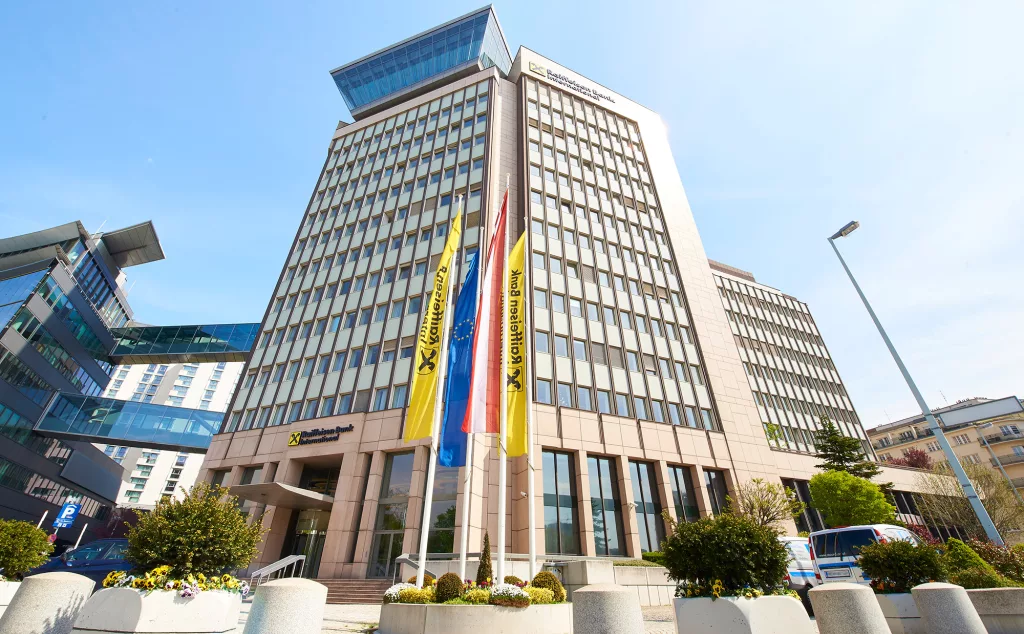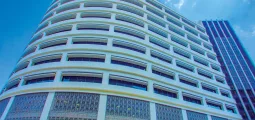Raiffeisen Certificates: Investing in Capital Markets — with Protection
No one wants unnecessary risk — least of all Austrians, who traditionally display caution when investing in capital markets…
Raiffeisen Certificates is the Austrian certificate provider of Raiffeisen Bank International, which has been at home in German-speaking countries as well as in many Central and Eastern European markets for decades.

The product range comprises 7,000 investment and leverage products for investors with different approaches to investment horizon, payment rhythm, investment amount, and risk tolerance — meaning that almost every target group can find a suitable investment product.
Conservative private investors in particular will find what they are looking for. Capital and partial-protection certificates are popular in Austria, and make it possible to invest securely in capital markets — and benefit from rising and sideways-moving markets. Certificates minimise risks for investors perspective by diversifying underlying assets and the payout profiles.
Security and risk minimisation are important for Austrian investors. Surveys have shown that a large proportion of the population avoids risk. But, as they say, you have to be in it to win it. If someone does not invest in capital markets at all, they are forgoing an opportunity.
Statistical data collected by Raiffeisen Research showed that the performance from the investment of private household assets in the period from 2013 to 2022 amounted to just 1.7 percent annually. Taking inflation rates into account, the real value is negative (- 0.6 percent). Austria performs poorly in an international comparison. In a ranking of 11 Western European countries, the “country of savers” is in last place in terms of investment results.
A survey conducted by market research institute Appinio provide similar insights. Six of 10 respondents expressed concerns about possible financial losses on the capital markets. When asked what characteristics investment products should have, “low risk” was mentioned most frequently (43 percent). More than one in five respondents (22 percent) want products with capital protection.
This is precisely where Raiffeisen Certificates come in. Heike Arbter, Head of Raiffeisen Certificates, says customers expect solid returns with simultaneous protection. “And that’s exactly what we offer them. Capital protection and partial protection certificates make it possible.”
Private investors are increasingly recognising these advantages, as demonstrated by growing volumes. The certificate market in Austria is experiencing an all-time high with a volume of 15.3 billion (April 2024). Growth compared to the previous year is 6.3 percent. The volume of Raiffeisen Certificates has even risen by an impressive 25.6 percent over the past 12 months.
Clear communication with customers is another vital issue. Only those who feel competent and confident are prepared to invest in capital markets. “This is why the Raiffeisen Certificates team is constantly implementing initiatives to improve financial education,” says Arbter. “These include live webinars, training courses for sales partners.”
The future looks bright for Raiffeisen Bank International. Interest in the certificate market is likely to increase, and volumes should grow in tandem. Certificates are increasingly popular as an interesting alternative, or supplement, to direct equity investments.
- More information: https://www.raiffeisenzertifikate.at/en/what-are-certificates/know-how/
You may have an interest in also reading…
European Federalist Party: Power to the People? The Road to the 2014 European Parliament Elections
Apart from the election of the first European Parliament in 1979, European elections have hardly been considered a decisive moment
New World Bank Initiative to Help End Wasteful Energy Subsidies
A new World Bank-ESMAP facility helps countries develop and implement effective, sustainable energy subsidy reform programs that protect the poor
CBI Says ‘Get Major Projects Moving to Protect the Recovery’
Ahead of the Wednesday June 26th spending round, the Confederation of British Industry reiterated its call for the Chancellor to
















































































